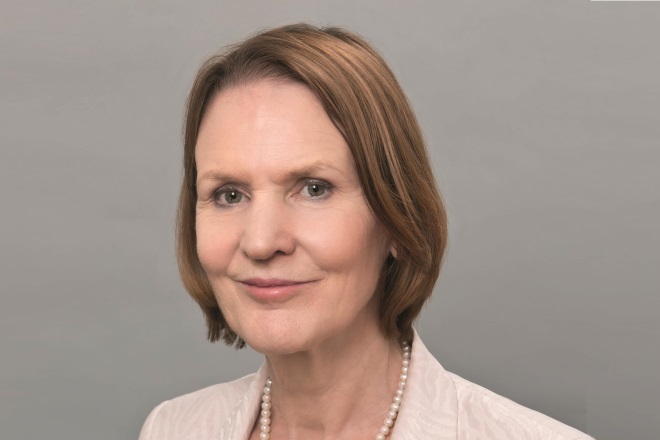
New NHS Alliance
Ten non-pharmacy organisations have signed a joint letter to the health secretary opposing the government’s proposals to cut the community pharmacy budget in England.
Signatories of the letter, which is being organised by Pharmacy Voice, include national health organisations with members from across the NHS, patient groups, a pensioners lobby group and rural campaign groups.
Details emerged as the New NHS Alliance — which has put its name to the letter — published a report that calls on the government to recognise the wider role that community pharmacy can play in primary care.
The report, ‘Supporting the development of community pharmacy practice within primary care’, urges the NHS to be more proactive in commissioning what it describes as a new model of community pharmacy care.
GP Mark Spencer, co-chair of the New NHS Alliance, whose members include primary care clinicians, managers, commissioners and service providers, says: “We must…recognise the pharmacy’s unique position within the community and their ability to reduce demand within general practice as part of the solution to the crisis within general practice.
“The NHS Alliance would therefore like to bring a balance to the discussion about the future development of pharmacy services by emphasising how high street pharmacy provision can enhance patient care within a multifaceted integrated model.”
The New NHS Alliance says GPs must support community pharmacy as the first port of call for patients with acute self-limiting conditions and minor ailments, both as commissioners and partners in delivery.
It also proposes that GPs identify situations and develop agreed treatment protocols with community pharmacists where they can take over “the complete care of that condition” from the GP once a diagnosis has been made.
The report also calls on directors of public health and clinical commissioning groups working with GP and community pharmacy representatives to create local plans reinforcing the public health role of community pharmacists.
The report was welcomed by community pharmacy negotiators. Sue Sharpe, chief executive of the Pharmaceutical Services Negotiating Committee, says: “We have been pressing for this for many years, and NHS England’s refusal to recognise the help community pharmacy can give the NHS, for example through a national Pharmacy First service, is a disgrace. This report shows that professionals from across healthcare are as disappointed as we are by the NHS ignoring the value of community pharmacy services.”

Source: PSNC
Sue Sharpe, chief executive of the PSNC, says the New NHS Alliance report shows that professionals from across healthcare are disappointed by the NHS ignoring the value of community pharmacy services
The National Pharmacy Association (NPA) welcomed the report’s recognition of the community pharmacy setting as “a professional, clinical retail healthcare environment”.
“Sometimes a distinction is made between ‘clinical’ pharmacists and community pharmacists, and it appears that the NHS Alliance recognises this as a false dichotomy,” says an NPA spokesperson. “The New NHS Alliance rightly points to the unimpeachable logic of developing independent prescribing in the community pharmacy setting. The current independent prescribing framework and funding is unworkable – the number of NHS funded places is paltry in relation to need and pent up demand.”
The report was broadly welcomed by Pharmacy Voice, an association of trade bodies representing community pharmacy in England, including the NPA.
A spokesperson says the report carries weight because it has been written by a non-pharmacy organisation with “no axes to grind”. “The message is coming from an organisation independent of the sector and shows the government the value and esteem in which our sector is regarded by the wider healthcare community,” says the spokesperson.
The suggestion that more use can be made of community pharmacists working in pharmacies rather than only focusing on a model where they are directly employed in GP surgeries was also useful, the spokesperson says.
“Organisations like the Royal Pharmaceutical Society (RPS) are pushing for community pharmacists to take a wider role and for community pharmacists to operate in wider settings, including in GP surgeries. We think this a great idea and the report reminds us that this can be achieved with the support of the community pharmacy sector itself, as well as through the direct employment of pharmacists.”
A spokesperson for the RPS said the Society supports all models of GP pharmacist collaboration. “We recognise that different models will be different in different localities, including differences across Great Britain. We believe patient care improves where pharmacists are included in the multidisciplinary team, regardless of setting.”

